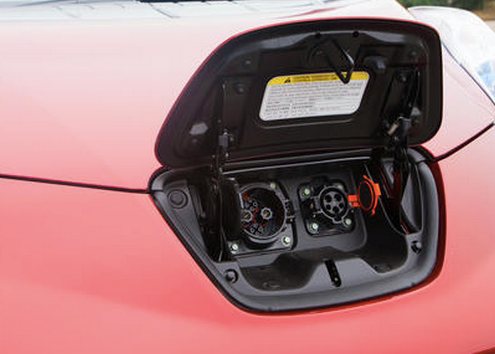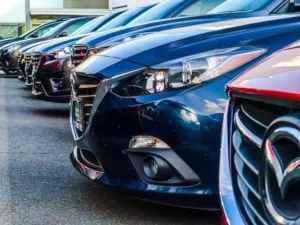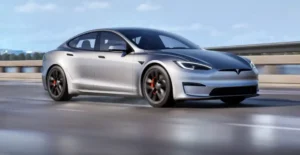All Electric Vehicles need electricity and they need to charge.
However charging is not that easy to understand. There is far more to charging than manufactures imply especially as there are a number of differing charging technologies and plugs. Unlike computers there is no Plug and Play.
As a daily driver of a Nissan Leaf we need to understand the charging options. For drives that only charge at one location like their home then there is no problem. If you want to go into new pastures you need to locate external charging stations with the knowledge that they are the correct type and that they will perform.
To give you a clear picture of the options this guide is your friend.
Charging is all about putting power or energy back into the car’s battery pack. Most people measure power in Kilowatts or kw and energy in Kilowatt Hours.
Power:
Just to be clear a Kilowatt is equal to one thousand watts and is typically used to express the output power of engines or electric motors, tools, machines, and heaters. One kilowatt is approximately equal to 1.34 horsepower. Your electric car will have a motor measured in kW. The Nissan Leaf uses an 80 kW motor or 110 hp.
Energy:
The kilowatt hour, or kilowatt-hour, (kWh) is a unit of energy equal to 1,000 watt-hours. If the energy is being transmitted or used at a constant rate (power) over a period of time, the total energy in kilowatt-hours is the product of the power in kilowatts and the time in hours. For example an electric heater rated at 1000 watts (1 kilowatt), operating for one hour uses one kilowatt-hour.
Confusion:
The terms power and energy are frequently confused. Physical power can be defined as work per unit time, measured in units of joules per second or watts. To produce power over any given period of time requires energy. Either higher levels of power (for a given period) or longer periods of run time (at a given power level) require more energy.
EV Charging:
There are three main EV charging speeds:
Slow charging (up to 3kW) which is best suited for overnight
Fast charging (7-22kW) which can recharge you in a handful of hours
Rapid charging units (43-50kW) which are able to provide a full charge in half and hour.
Just to confuse you more rapid chargers also come in two charge point types – AC or DC.
Some cars offer a standard plug while some have two on-board plugs. For example the Nissan Leaf lets you charge via a standard 13Amp plug or a home charging station via an AC connector. The Leaf also has a DC connector for Rapid Charging.
SLOW CHARGERS (UP TO 3KW)

These are the most common charge point and can be fitted to any home. They have a standard 220V AC supply and provide around 3KW of power. Home charges can be either tethered where the cable is permanently attached to the charger. This makes it easy when you arrive home. However if you are out you don’t have the cable with you. An empty pack will take all night to recharge. Nissan and other manufactures also provide you with an adaptor to plug into a standard 13 Amp socket. This is you safety net as in theory you can charge anywhere.
FAST CHARGERS (7-22KW)
If you have been to Waitrose these are the types of charges you will see. These output twice the home unit at around 32 Amps allowing a full charge in a handful of hours.
These units are becoming more common. You do however need a cable to use them as they provide just the socket. Most use a Type 2 connector also known as Mennekes.
RAPID DC CHARGERS (UP TO 50KW)

 These are the bees knees. The Rapid DC chargers provide a high power DC upto 50kW with 400 V DC and 40 or so Amps.
These are the bees knees. The Rapid DC chargers provide a high power DC upto 50kW with 400 V DC and 40 or so Amps.
This huge amount of power has to be treated with great respect. The cables are tethered and surprisingly think and chunky.
In the time it takes to have a coffee you can have a reasonable charge and be on you way. These are now common at most Motorway service stations. These photos are from the M25 Cobham station.







